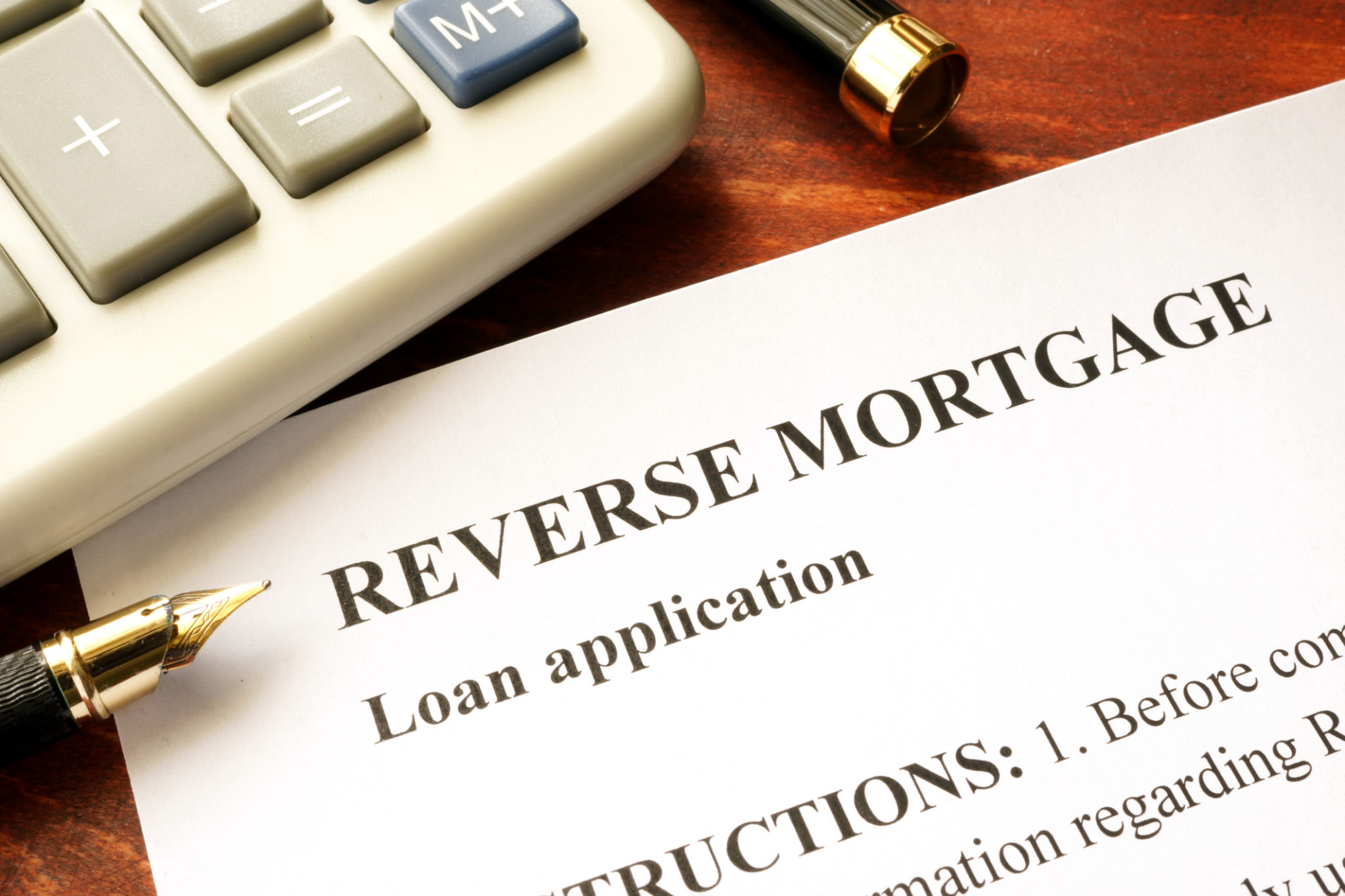Comparing Reverse Mortgages and Home Equity Loans: Which is Right for You?
Understanding Reverse Mortgages
When considering ways to tap into your home's equity, a reverse mortgage can be an attractive option, especially for older homeowners. Essentially, a reverse mortgage allows individuals aged 62 or older to convert part of their home equity into cash. Unlike traditional loans, the borrower does not need to make monthly repayments. Instead, the loan is repaid when the homeowner sells the house, moves out permanently, or passes away.
Reverse mortgages can provide financial flexibility for those on a fixed income by covering essential expenses or enhancing retirement funds. However, it's crucial to understand that interest and fees accumulate over time, potentially reducing the equity left in the home for heirs.

Types of Reverse Mortgages
There are three main types of reverse mortgages: single-purpose reverse mortgages, proprietary reverse mortgages, and federally insured Home Equity Conversion Mortgages (HECMs). Each comes with unique benefits and limitations. While HECMs are the most common and widely available, proprietary options cater to those with high-value homes.
Exploring Home Equity Loans
A home equity loan, sometimes referred to as a second mortgage, allows homeowners to borrow against the equity in their home. Unlike reverse mortgages, these loans require regular monthly repayments of both principal and interest, similar to a standard mortgage. This option can be appealing for homeowners who need a lump sum for large expenses, such as home renovations or debt consolidation.
The interest rates for home equity loans are typically fixed, providing predictable payments over the life of the loan. However, failure to keep up with payments could result in foreclosure, so it's vital to ensure that repayment is manageable within your budget.

Home Equity Line of Credit (HELOC)
Another option within the realm of home equity borrowing is the Home Equity Line of Credit (HELOC). This offers more flexibility compared to a traditional home equity loan as it functions like a credit card. Borrowers can draw funds as needed up to a certain limit and only pay interest on the amount used. However, HELOCs often come with variable interest rates, which can lead to fluctuating monthly payments.
Comparing the Two Options
When deciding between a reverse mortgage and a home equity loan, consider your financial goals and current situation. Reverse mortgages are ideal for those who wish to eliminate monthly payments and supplement their income during retirement. In contrast, home equity loans may be better suited for individuals who need a specific amount of money and can afford regular repayments.

Additionally, age plays a significant role; reverse mortgages are only available to seniors, whereas home equity loans are accessible to younger homeowners with sufficient equity. Consider consulting with a financial advisor to better understand how each option aligns with your long-term financial plans.
Potential Risks and Considerations
Both reverse mortgages and home equity loans carry risks. Reverse mortgages can diminish the inheritance left for heirs and may require homeowners to maintain their property and pay property taxes and insurance. On the other hand, home equity loans could jeopardize your home if you're unable to meet payment obligations.
Carefully evaluate each option's long-term impact on your financial health and housing security before making a decision. Understanding these aspects will help ensure that you choose the right path for your unique circumstances.
